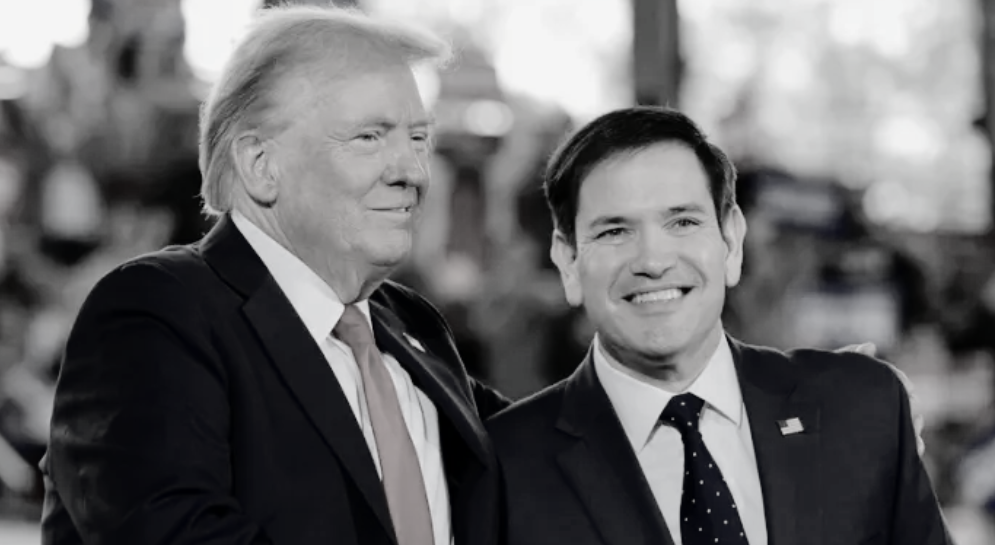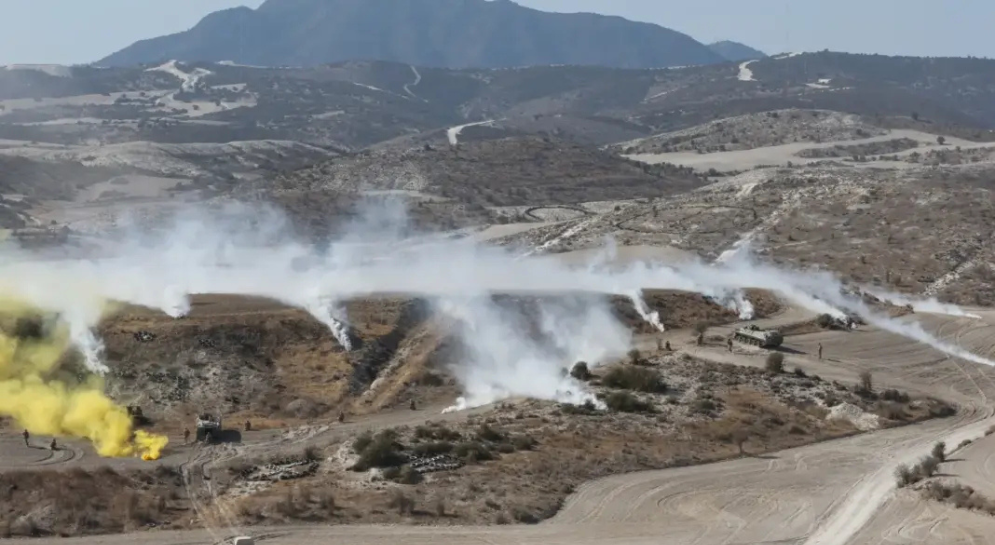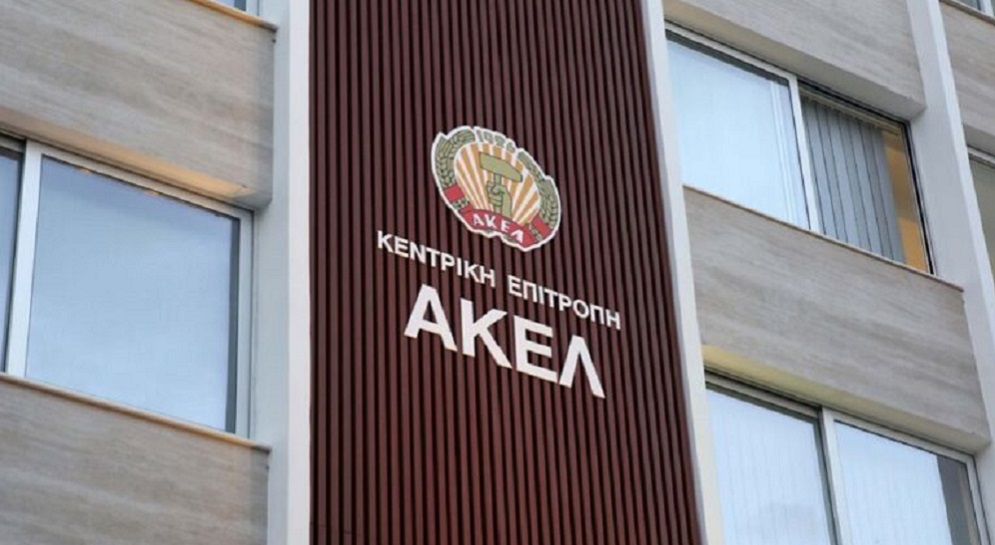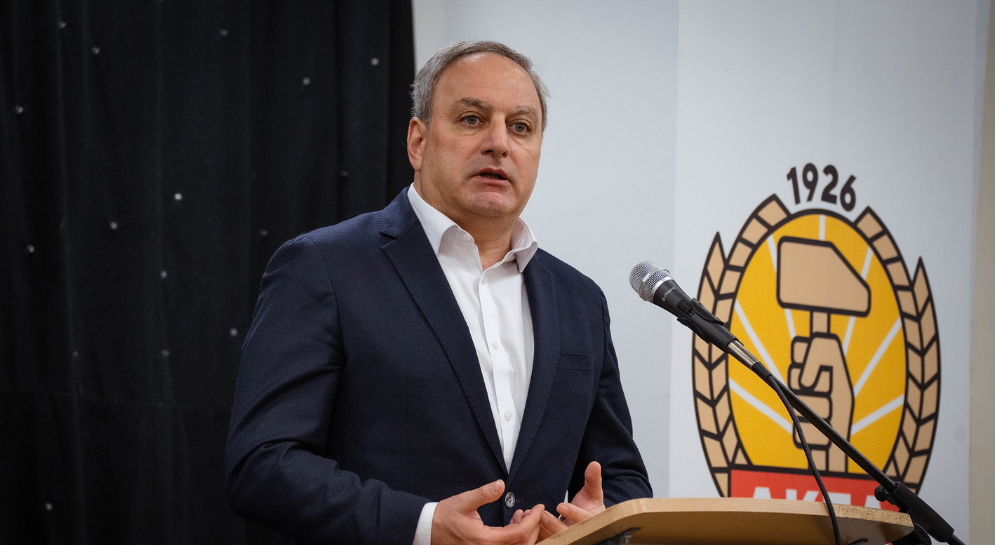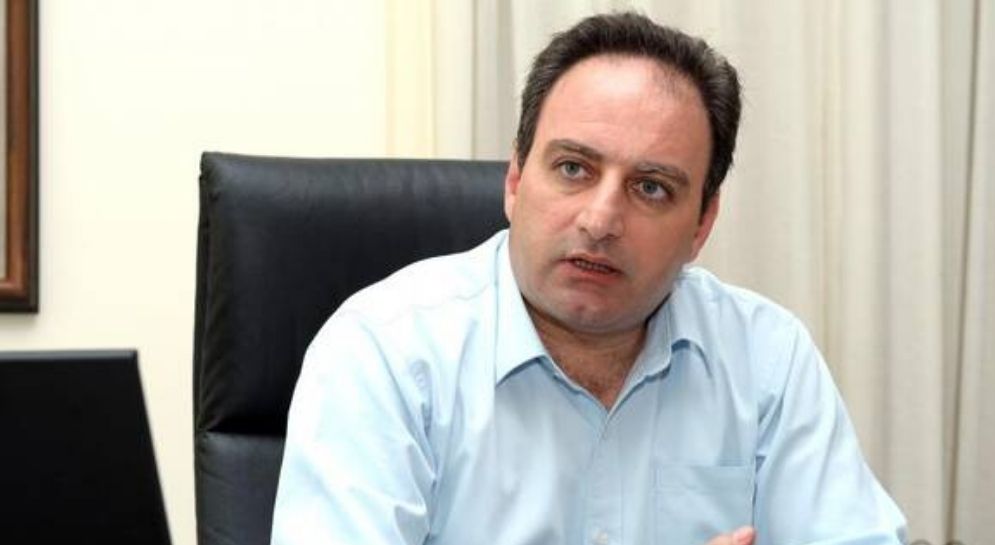
AKEL Political Bureau member Stefanos Stefanou interview: “A strong AKEL – a powerful rallying of the forces of change”
9th May 2021, “Haravgi” newspaper
- One of the two things at stake is that the anger towards the DISY government’s anti-social policies should be reflected in the election
- The stronger AKEL emerges from the parliamentary elections, the more possibility will it have to act as a rallying point for the forces seeking progressive change for our country in the next presidential elections.
- We have managed to change the balance of forces and protect public property from the sell-offs being promoted by the government forces. That’s how the opposition we exercise should be measured and not by how many times we demand the government’s resignation.
- The answer to anti-social policies cannot be abstention, but participation in elections by voting for the political force consistently and effectively opposing them – AKEL
Q: What is at stake in this election?
SS: There are two closely linked and complementary key and critical issues at stake. On the one hand, the election result must reflect the great anger that exists in society about the DISY government’s anti-social policies and its authoritarian and arrogant behavior in general. On the other hand – and this is more important – the major and consistent opposition force, namely AKEL, must emerge stronger. A strong AKEL is an effective shield to protect citizens from the government’s anti-social policies. A strong AKEL would mean a strong prospect for realising progressive change that the country needs.
Q: Can this election be considered a prelude to the 2023 Presidential?
SS: Parliamentary elections are a prelude to the presidential elections. This doesn’t only apply to the upcoming parliamentary elections. They have always been. The balance of forces formed by parliamentary elections plays a decisive role in the dynamics that are developing and the processes that are underway in the run-up to the presidential elections. That is precisely why I stressed before that the stronger AKEL emerges from the elections, the more will it be able to act as a rallying point of mobilization of the forces seeking progressive change for the country in the next presidential elections.
Q: AKEL’s advantage in any case was its contacts with the people. How has the pandemic and the subsequent restrictions imposed affected it?
SS: Our daily contact with the people is the oxygen with which AKEL breathes. That is why we never confine our contact to the pre-election period alone, although, naturally, whenever there is an election, it becomes more intense, on a mass and organized scale. It is a fact that the situation as it has evolved due to the pandemic makes matters very difficult for us in our pre-election campaign, which is traditionally conducted mainly through personal face-to-face contact. We do not give up this effort and have adapted our work according to the measures taken to confront the coronavirus. At the same time, we are exploring other ways and means, especially the possibilities offered by the internet and social networking.
Q: The question of the abstention noted in previous elections was the subject of a study carried out by AKEL. Will abstention this time be any different in this respect?
SS: Abstention is one of the main problems of political life and electoral behavior. The deadlocks caused by the DISY government’s anti-social and authoritarian policies push people towards abstention, together with the derision/disdain of politics and the leveling of political forces that the establishment is deliberately cultivating. Abstention is portrayed as a rejection of policies that provoke anger and frustration among citizens, but in reality it is a platform and a springboard for the continuation and consolidation of these very same policies.
The answer, then, to anti-social policies cannot be – and is not – abstention, but participation in elections by supporting that political force which consistently and effectively opposes these policies. And this force is AKEL.
Q: Some people believe that AKEL is not exercising strong opposition. For example, it could demand the resignation of the government and President as his involvement in the “golden” passport scandal has now been confirmed. Why hasn’t it done so?
SS: Demanding things that are not possible to achieve does not mean strong opposition. The resignation of the President and government realistically speaking under the Constitution cannot be achieved. So instead of dwelling on a debate around the President’s resignation that shifts the debate from the substance, we prefer to focus on exposing, denouncing and confronting the government’s anti-social policies and protecting society, working people and citizens in general. An assessment of our opposition policy shows that on numerous issues, such as the issue of privatizations, we have managed to change the balance of forces and managed to protect public property from the sell-offs being promoted by the government ruling forces. Many similar examples can be cited. The opposition we exercise should be judged by this measure and not by how many times we call for the government’s resignation.
Q: Does AKEL’s proposal on the Cyprus problem show the way to put pressure on Turkey so it moves on its positions?
SS: Finding common ground can be achieved if the Turkish side returns to the agreed basis of the solution, namely bizonal, bicommunal federation with political equality as described by the UN in its resolutions.
In the period leading up to the new informal meeting, the Greek Cypriot side will have to take initiatives to put pressure on Turkey to move on its positions. How can we put put pressure on Turkey and leave it no room to maneuver? We have submitted a proposal to the President of the Republic since last December, which not only has retained its timeliness and relevance, but after the end of the Geneva meeting its importance has been upgraded. Through the undertaking of specific initiatives we will also address any efforts – and there will be such efforts – to exert pressure on the Greek Cypriot side so it retreats from positions of principle, which is crucial for the quality/content of the solution.
To square the circle, as the UN Secretary General himself has said, the necessary moves need to be made so that the parties involved can comply with the UN resolutions on Cyprus, but also the positions of the UN Secretary General, who wants the negotiations to continue from the point they had remained at Crans Montana, preserving the convergences recorded so far and discussing on the basis of the six core issues tabled by Mr. Guterres. That is what the Greek Cypriot side must be insisting on.

